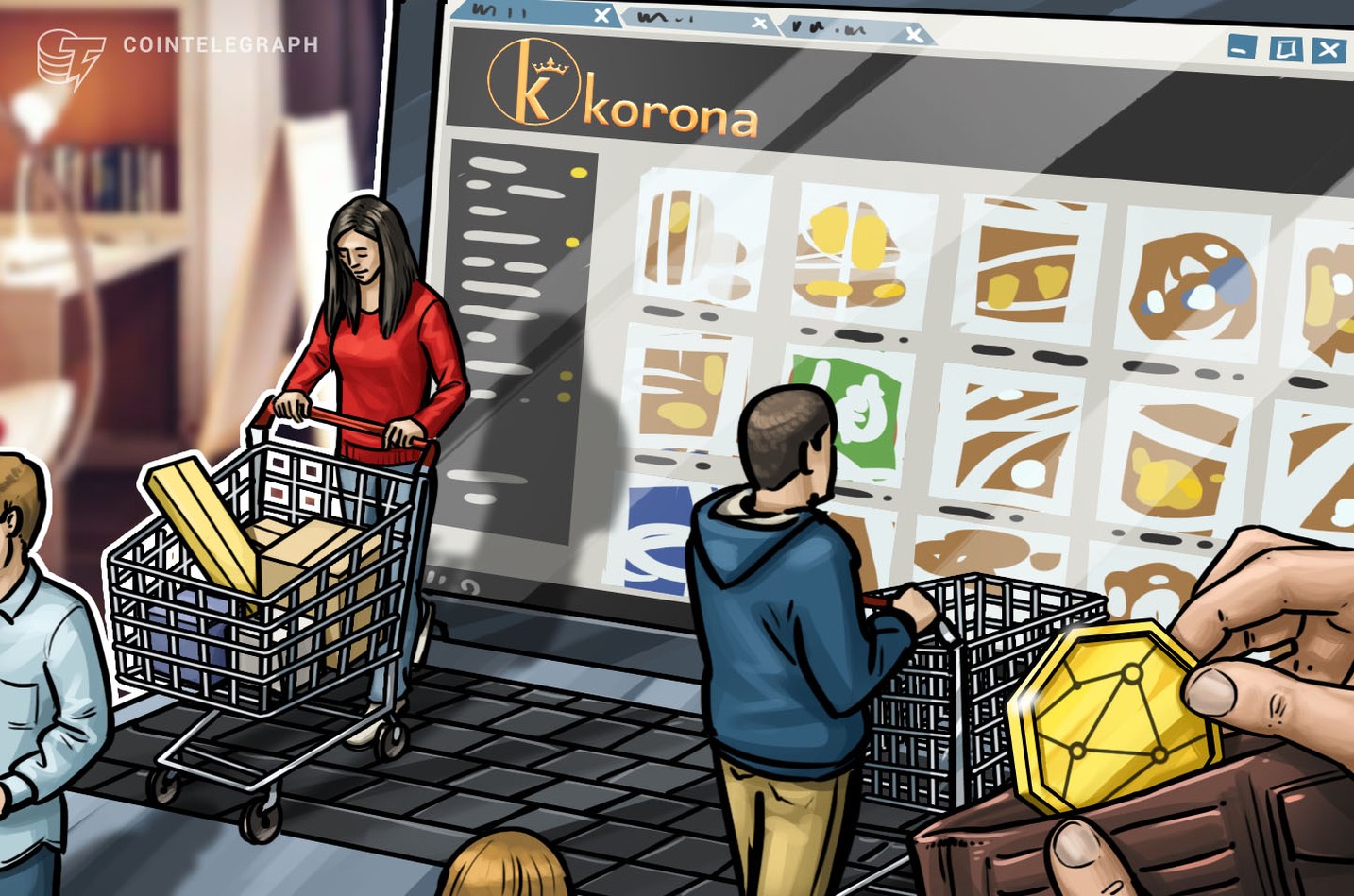A new project is building an ecosystem for cryptocurrency payments to eliminate bottlenecks which are stopping the world from enjoying a “second cryptoeconomic boom.”
Korona argues that current Blockchain payment systems are geared towards investors – and the likes of Bitcoin and Ethereum are not technologically suited to keeping up with the daily demands of consumers and businesses.
The company says “Lightning Network technology” will bring the processing times of crypto transactions in line with fiat payments while keeping costs down. Meanwhile, a “bias-free, decentralized marketplace” is set to benefit merchants and their customers – fueled by a token which has been dubbed “Hungary’s national cryptocurrency.”
According to Korona, its ecosystem heralds the start of “Crypto Economy 2.0,” ending a current impasse where the public and the business community are uninformed about Blockchain’s advantages.
Making crypto mean business
In its white paper, the company says eCommerce sales and the capitalization of the crypto economy are both reaching record highs with every passing year, but progress is being stymied because the two are “barely connected.”
Korona hopes to build a “necessary link” between eCommerce stores and crypto payments by offering a digital payment platform that can be easily integrated into existing systems used by online retailers.
It claims that a “significant percentage” of small and medium-sized businesses are yet to embrace eCommerce at all because they lack knowhow and fear the technology’s costs will prove prohibitive. Korona plans to provide such retailers with a “modern, freely accessible and usable web store platform frame” to help get their online offering off the ground, along with the IT support they need. This service would be provided for free on the proviso that they accept Korona tokens as a form of payment.
This payment system would be coupled with the Korona Market – a place where shoppers can buy a “wide range” of goods and services using cryptocurrency.
Korona, which plans to focus its efforts on the European Union at first, says the public will find it easier to discover higher-quality products at lower prices through this marketplace.
The company claims the prices charged by retailers for identical products can vary wildly across the EU, but shoppers are often unaware of these differences and find it hard to get the best deal. According to its research, shoppers in one EU nation can end up paying 40 percent more than another for the exact same thing.
In reaction to this, Korona plans to launch a price comparison engine which exposes these discrepancies – enabling shoppers to make significant savings even after tax, duty and shipping fees are accounted for.
From launch, the company says Korona Coin holders will be able to buy items from three European member states – with pet shops, grocers, breweries and barbers among early adopters. As it complies with EU regulations, Korona expects this list to grow “exponentially,” and it believes many of its services have the potential to be extended beyond the continent.
“Lightning fast payments”
Korona is creating crypto wallets for Windows, Mac OS and Linux – along with a system for smartphones so shoppers can use Korona Coin to buy goods in physical stores. Given this technology would not use point of sale terminals, the company expects transaction fees to tumble for merchants – in turn helping customers save money.
The company’s initial coin offering is scheduled to begin on April 23, with its token sale lasting for 60 days.
Korona plans to set aside 10 percent of tokens as a “flexibility reserve mechanism” – reducing any short-term volatility in its cryptocurrency which could cause uncertainty for those hoping to use its coins on a daily basis.
Disclaimer. Cointelegraph does not endorse any content or product on this page. While we aim at providing you all important information that we could obtain, readers should do their own research before taking any actions related to the company and carry full responsibility for their decisions, nor this article can be considered as an investment advice.
